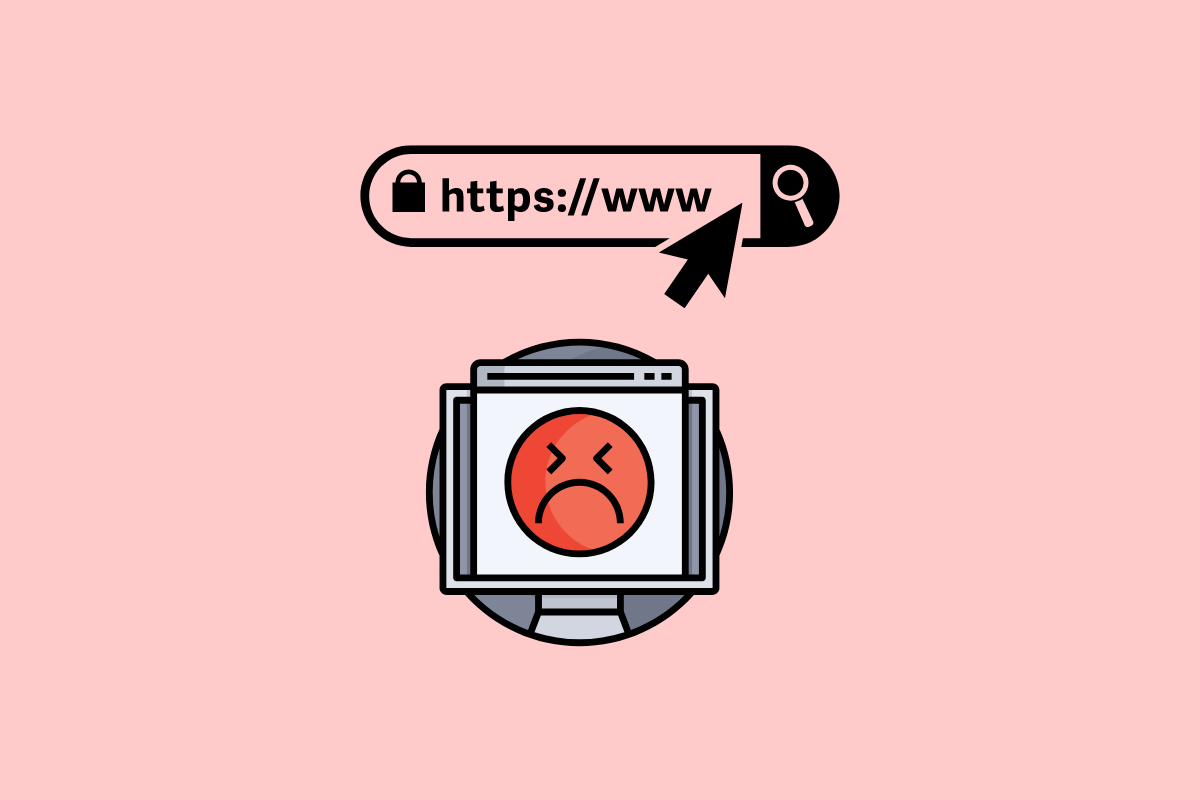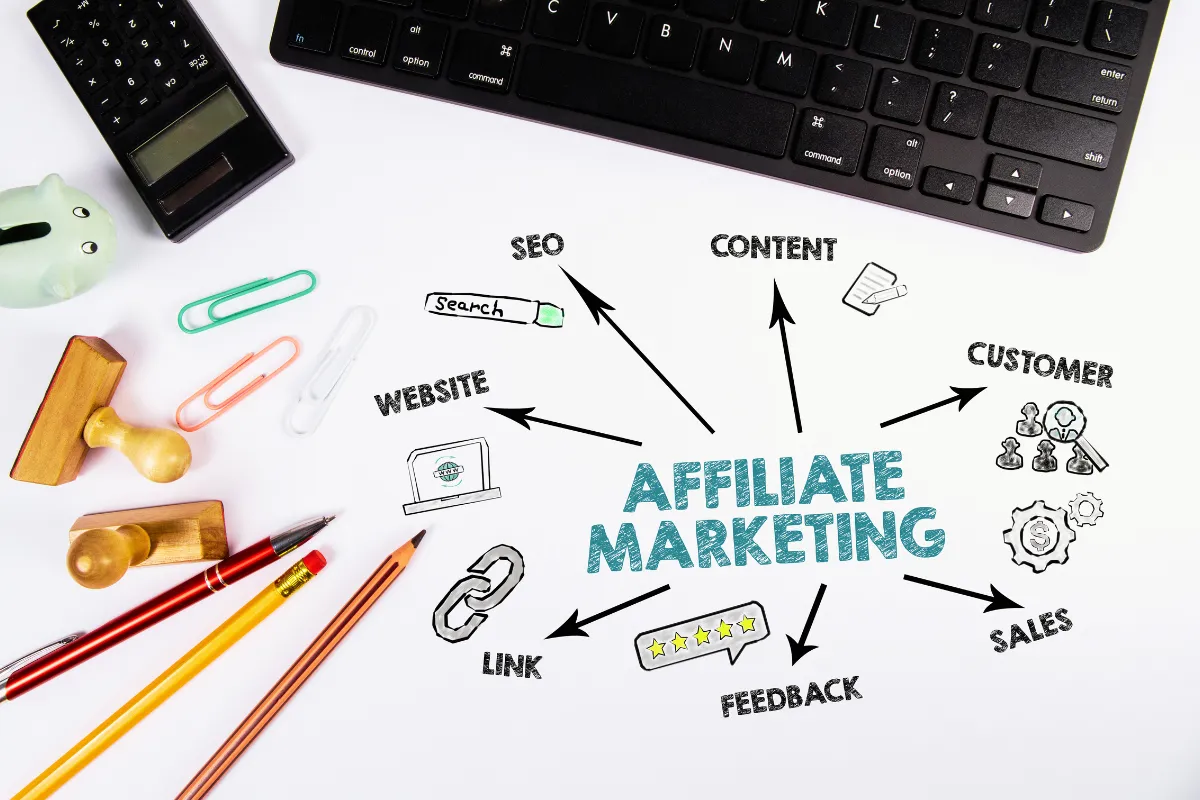URL shorteners are online platforms that will turn your regular URL into a shorter version. Content is a big part of your SEO strategy, so it is crucial to use every opportunity to share it properly.
Search engines typically treat URL shorteners as regular 301 redirects. They depend on link equity to reach the final destination. When a search engine encounters a shortened URL, it will follow the redirect and attribute all the link equity to the page to which it redirects. This means that using URL shorteners does not usually have a negative impact on SEO.
But the pernicious aspects do exist. And as a marketing enthusiast, you should be aware of them. Today, we will look at 5 ways in which URL shorteners hurt your SEO.
1. Lack of Branding
Your website URL is part of your brand and what you represent. Short links with random letters and numbers do not contribute to building brand recognition and consistency across platforms.
A branded URL is easier to remember than a shortened link with random characters. When users can easily recall your URL, they are more likely to revisit your website and engage with your brand. When users see a branded URL, they are more likely to trust the content and perceive it as coming from a reputable source.
There’s an increasing number of false stories about shortened links being used maliciously. This means that some viewers would naturally be wary and will be less likely to click on them. When users see a branded URL, they are more likely to trust the content and perceive it as coming from a reputable source. This trust can lead to higher engagement, conversations, and loyalty to your brand.
2. Broken Links
Shortened links become obsolete and unreachable very often. When the service through which the user shortens the link gets discontinued, the shortened link also stops working. Such links harm the website’s reputation as they kill traffic. Which leads to poor performance of search results.
Broken links can harm a website’s search engine optimization (SEO) efforts. They prevent users from accessing valuable content, promotions, or resources that the website wants to display. This results in missed opportunities. Search engines like Google consider broken links as a sign of poor website maintenance. As a result, they penalize the site by lowering its search rankings.
Shortened links that no longer redirect users to the intended destination can result in a loss of traffic to the website. When users encounter broken links, they may become frustrated and perceive the website as unreliable or outdated. This leads to a poor user experience and potentially drives visitors away from the site.
3. Dependency on Third-Party Services
When you rely on URL shorteners, you’re putting your links in the hands of third-party services. If something goes wrong with those services – like downtime or shutting down completely – all the shortened links you’ve shared are toast. Poof! Gone. Inaccessible.
This can really mess things up for you. Imagine your marketing campaigns are in full swing, and suddenly all those shortened links you’ve been sharing are dead. Users click on them and get nowhere. Talk about a frustrating experience! It can make your brand look bad and drive people away.
Your SEO can take a hit too. Search engines don’t like broken links, and they might ding your rankings if they find too many on your site. Not good.
So what can you do? Well, you could try to stay on top of monitoring your shortened links and have a backup plan ready. But really, it’s best to limit your dependency on third-party URL shorteners in the first place. Look for more reliable link management options or consider using your own branded links.
4. Loss of Visibility on the Destination
URL shorteners might be convenient, but they can also be a bit sneaky. Imagine you’re scrolling through your social media feed, and you see a link that looks like this: bit.ly/123456.
You’re like, “Hmm, where does this link go? Is it a cat video or a phishing scam?” You’re not sure, but you’re definitely not clicking on it without a second thought.
That’s because URL shorteners, by design, conceal the actual destination of the link. It’s like they’re saying, “Hey, trust us, we know where this link goes, but you don’t need to know.” And that lack of transparency can be super frustrating for users.
Think about it like trying to order food from a restaurant in the middle of a road. You see a sign that says “Best Pizza Ever!” but you have no idea what kind of pizza they serve, what toppings they will have, and so on. You will be hesitant to try, right? Same thing with URL shorteners. Users might be wary of clicking on a link if they don’t know where it’s taking them.
5. Impact on SEO
Search engines like Google take into account the keywords and descriptive words in URLs when determining search rankings.
Shortened URLs often lack these elements, as they generate random character strings or use generic domain names. Search engines struggle to understand the relevance of the web page because of the lack of context. This makes it harder for the web page to rank well in search results.
Shortened URLs can also make it difficult for website owners to track the performance of their content. The lack of keywords makes it hard to point out the specific webpage you are looking for. And since users don’t know where the link will take them, they will be less likely to click on them.
Conclusion
URL shorteners make the links more visually appealing. Especially on platforms with character limits like Twitter, shortened URLs can make content sharing more concise and easier to track.
The bottom line is, that while URL shorteners can be great, they come with risks. Be aware of the potential pitfalls and have a strategy to keep your links alive and kicking, no matter what happens with the shortening service. Your online presence and marketing efforts will thank you.







